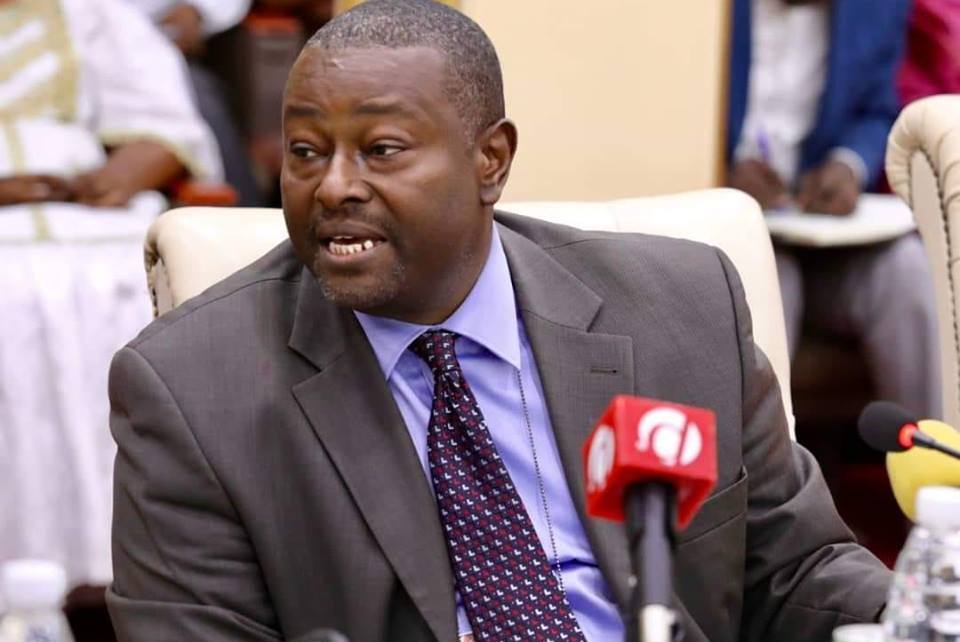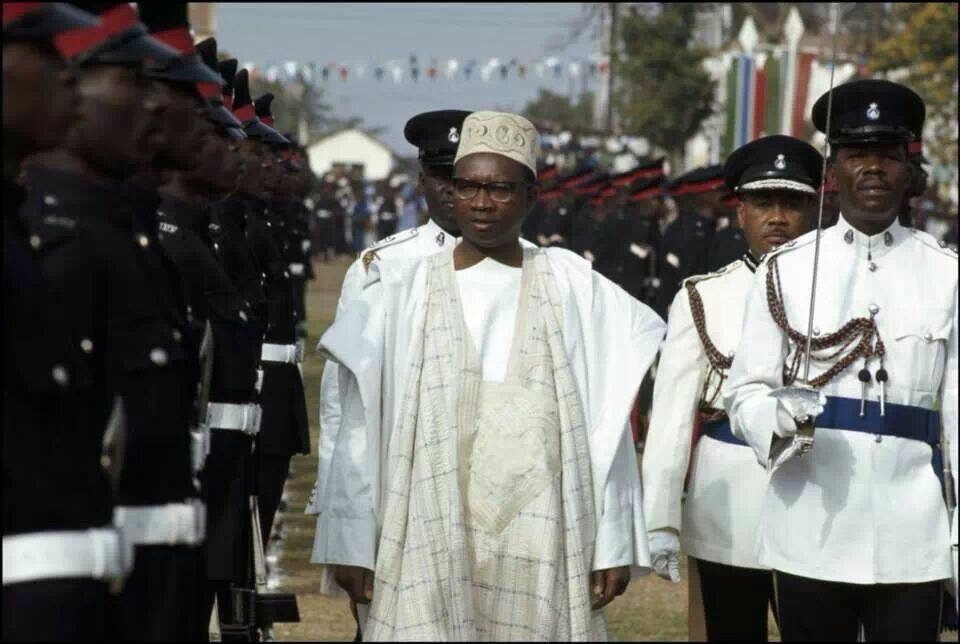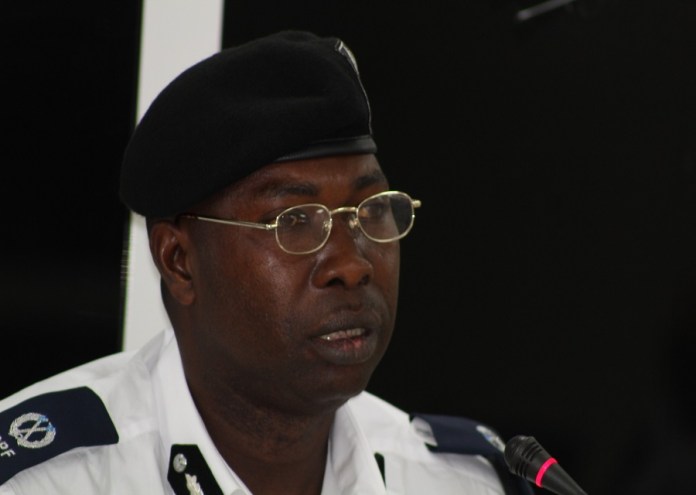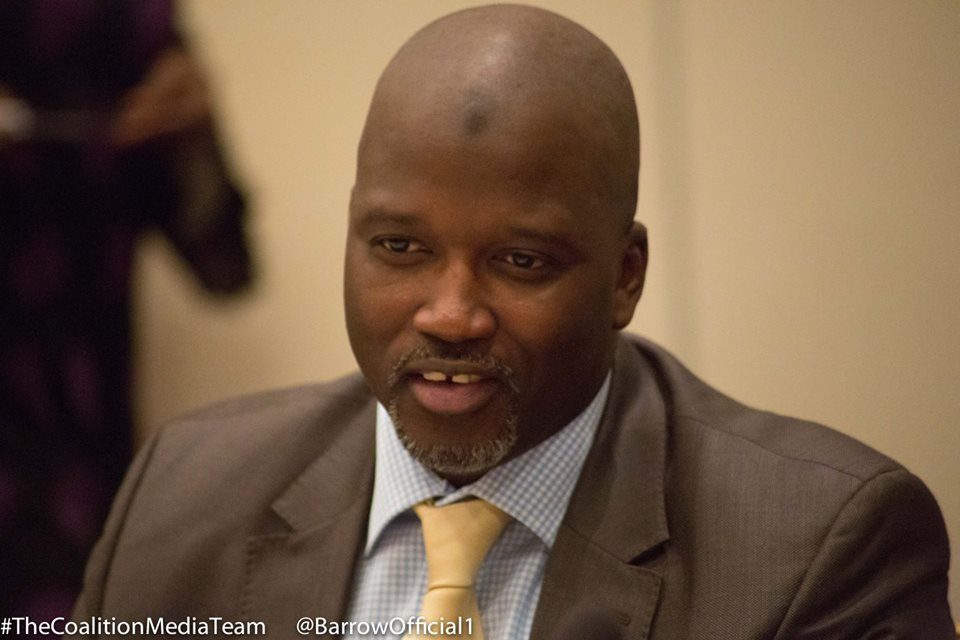Today, 15th September 2020, The Gambia joins the rest of the world to commemorate International Day of Democracy, a day set aside by the United Nations, in 2007, to promote the role of Government in maintaining open democracy and ensuring active citizen participation and involvement in decision-making in all aspects of governance.
Today, NHRC reflects on the history of democracy in The Gambia, highlight the gains achieved and the foundations that we are laying as a country to nurture a democratic society that upholds fundamental human rights for all.
From 1970 to July 1994, The Gambia was a multi-party democracy and a champion of human rights in a continent dominated by dictatorship and authoritarianism. The military coup of July
1994 saw the suspension and eventual abolition of the 1970 Constitution which was replaced by the 1997 Constitution following a referendum in August 1996. While this Constitution, still in force, guarantees several fundamental human rights, former President Yahya Jammeh ruled arbitrarily. His term was characterized by serious violations of human rights, disregard for the rule of law and impunity which led to enforced disappearances, torture and extrajudicial killings.
With Jammeh’s defeat in the December 2016 presidential elections, Gambia once again found a renewed opportunity to set the pace for democracy and establish a Government which respects, protects and fulfils fundamental human rights and promotes active citizen participation in national development and discourse.
“Democracy strives in an environment in which the Government, as the primary duty bearer, respects and safeguards the fundamental human rights of everyone, upholds the rule of law, respects international human rights standards, follows the due process, ensures right to access justice and remedies and is accountable to the people”, said Emmanuel D. Joof, Chairperson of the National Human Rights Commission.
New Gambia Gains made during and after the 2016 presidential elections, have established strong foundations for the country’s future electoral cycles and democratic direction. The National Assembly elections held in April 2017 were regarded by many observers as free and fair and without intimidation. In 2021 and 2022, candidates for municipal, parliamentary and presidential elections will contest, giving Gambians yet again, the opportunity to proactively determine the country’s destiny.
To pave the way for a sustainable, strengthened democracy, the new Government has established institutions such as the Constitutional Review Commission, the Truth Reconciliation and
Reparations Commission and the National Human Rights Commission, as well as initiated reforms in the security sector and the Judiciary. The 2020 Draft Constitution is now before the National Assembly for debate and adoption. It is acclaimed by many Gambians to be far more progressive than the 1997 Constitution and when adopted at the referendum, will usher in the
Third Republic. The Judiciary has been ‘Gambianized’ (now run by Gambians) and its independence demonstrated time and again in their judgements and rulings.




